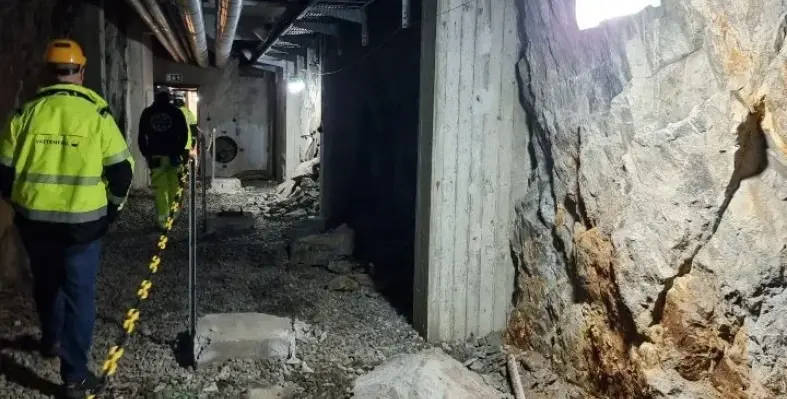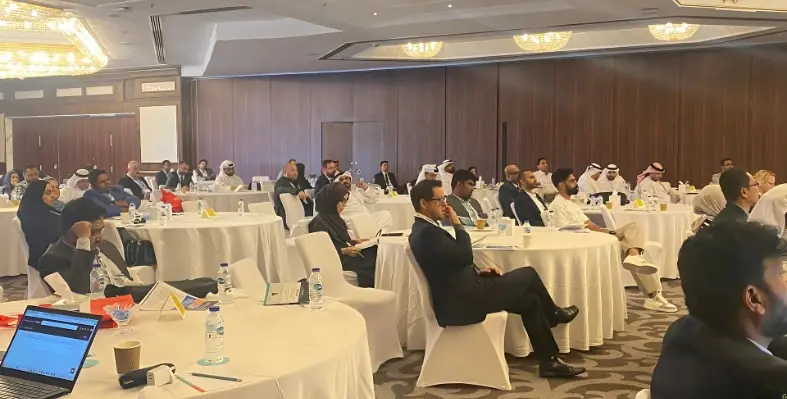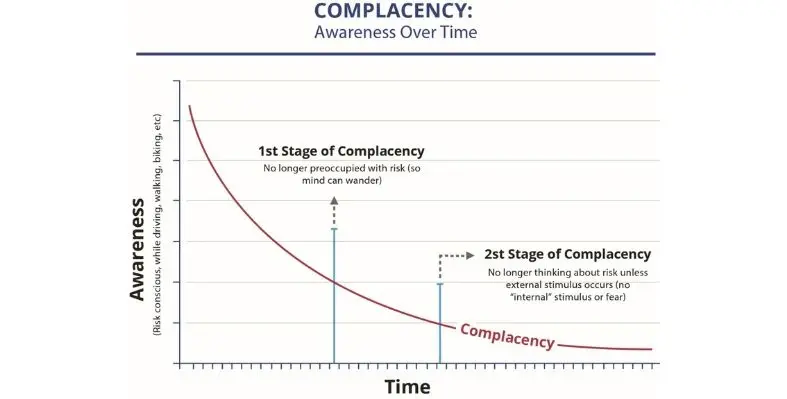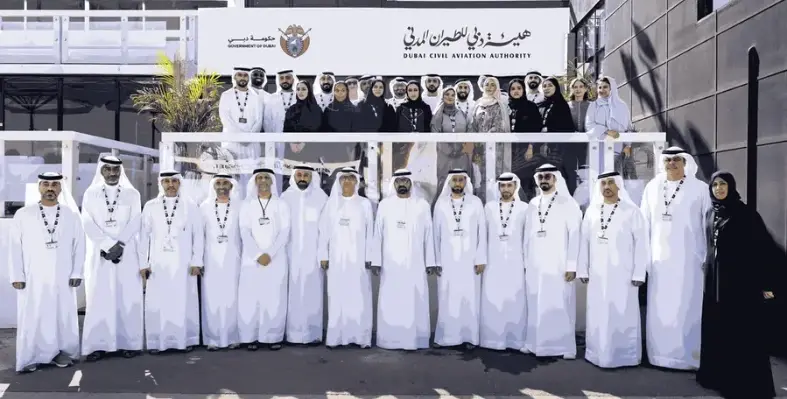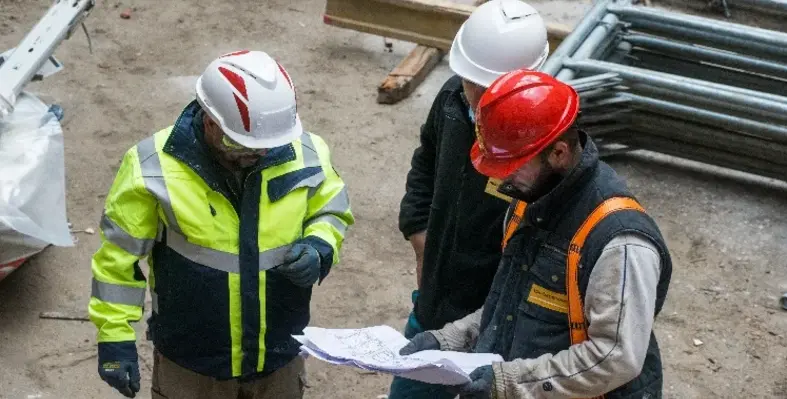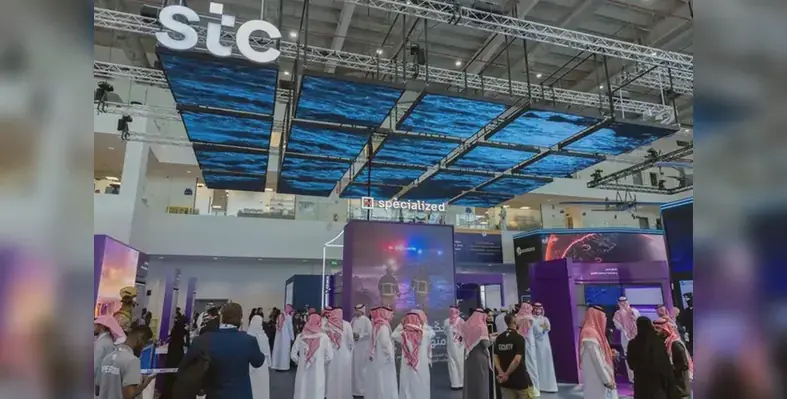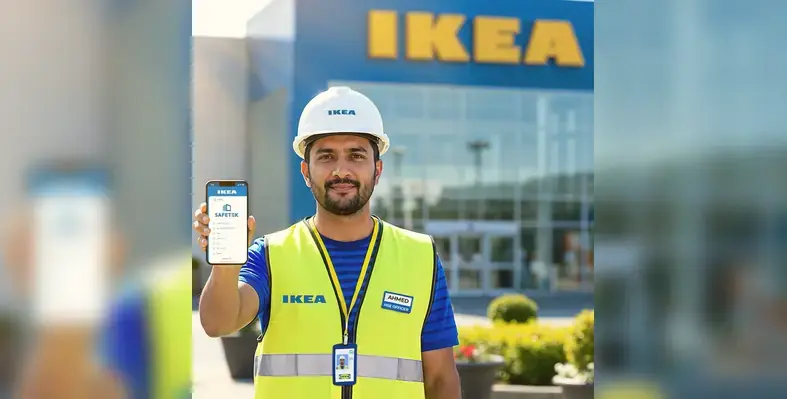Zebra Technologies, which provides digitisation and automation workflows, is set to showcase advanced solutions for electric vehicle (EV) quality, compliance and safety at The Battery Show Europe, taking place in Germany from 3-5 June.
Automotive OEMs, machine builders and systems integrators are increasingly seeking better support, as undetected errors during manufacturing, inspection and testing stages can lead to significant safety risks for road users and financial losses through refunds, compensation and vehicle recalls.
Customers expect vehicles to be free from defects that could result in repairs or replacements.
“We know that quality, compliance and safety begin upstream at the point of manufacturing,” said Stephan Pottel, manufacturing strategy director, EMEA, Zebra Technologies.
“Materials, components, systems and finished products need to be delivered with the highest levels of quality, with defects and anomalies quickly identified and resolved.
This is true for the automotive and electric battery (EB) manufacturing sectors and suppliers who contribute across the supply chain.”
According to Zebra’s Manufacturing Vision Study, the most significant quality management challenges today include real-time visibility (28%), keeping up with new standards and regulations (28%), integrating data (26%) and maintaining traceability (23%).
Adopting automation
“At the heart of these issues is the ability to inspect—materials, components, systems and finished products—with high levels of accuracy, speed, and efficiency,” said Pottel.
“Today, organisations have a range of machine vision software, cameras and smart sensors, deep learning tools, 3D sensing, and robotics at their fingertips, but many are challenged with understanding and leveraging these options to maintain trust across their chains and among customers.”
As manufacturing leaders across Europe struggle to keep pace with technological change, there is growing interest in how tools like AI, 3D sensing and machine vision can be used to enhance quality control in EB production.
Many current systems operate on rule-based logic, which often cannot handle increasingly complex inspection requirements at scale.
Pottel, who will attend The Battery Show Europe from 3–5 June in Stuttgart, Germany, will join Zebra’s machine vision and manufacturing experts to demonstrate practical applications of new technology in safeguarding EB production.
Examples include the use of machine vision and 3D sensors to detect microcracks or contaminants in battery cells, ensuring structural integrity and safety. For module assembly, 3D profilers and deep learning tools enable precise weld inspection and alignment verification, while in battery pack and cover-to-tray assembly, end-of-line checks confirm structural integrity and alignment of electrical components and connectors.
Mounted on autonomous mobile robots, GigE vision cameras can enhance efficiency by enabling accurate, automated picking of EV battery modules, reducing the need for manual inspections and increasing overall production speed.





